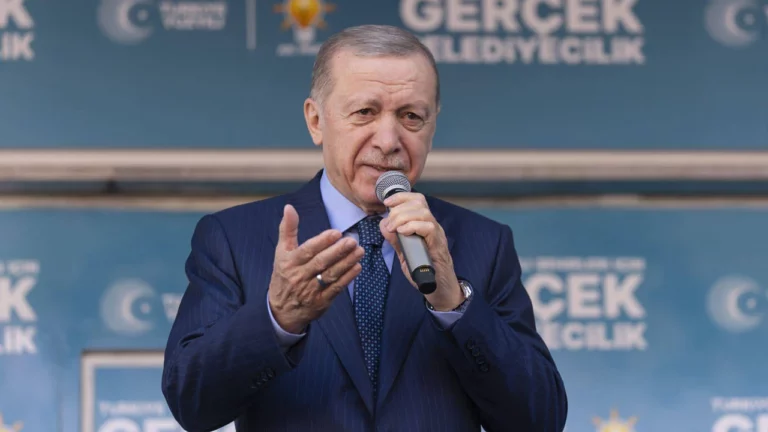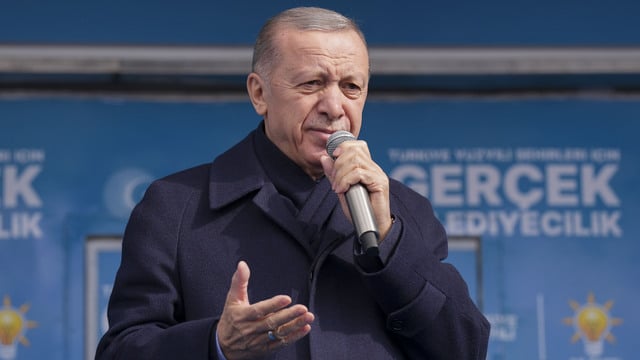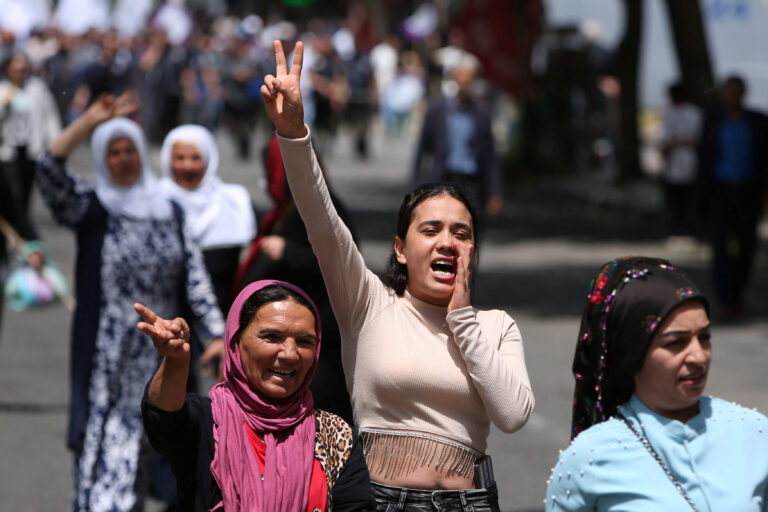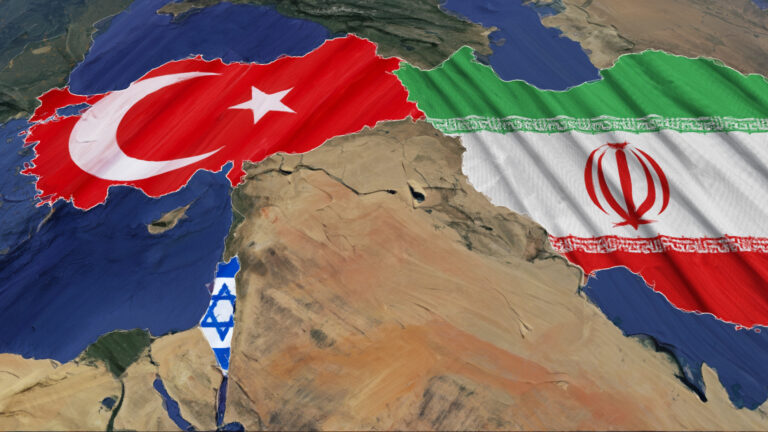by Leo Kendrick
The past week has seen Turkey’s recent electricity price hikes as well as outages in certain regions of the country become major political flashpoints amıdst broad criticism of the government’s failure to address rising costs and slow response to power outages in areas affected by heavy snowfall.

Following a month of record inflation, President Recep Tayyip Erdoğan signed a series of price hikes on 31 December that included a major increase in electricity prices. Turkey’s Energy Regulatory Authority estimated that household users would experience a roughly 50% increase in their electricity bills, while those of high-use commercial businesses were projected to increase some 125%. Over the past two weeks, as these price increases were reflected for the first time in January’s electricity bills, citizens took to the streets in cities across Turkey to express their outrage at the hikes. Street demonstrations were seen in Agrı, İzmir, Şanlıurfa, Diyarbakır, Hakkari, Bursa, Muğla, Mardin, and Şırnak. Some of the demonstrations included direct confrontations between protestors and police.
Expressing solidarity with the protestors and critical of the high electricity costs, main opposition leader and Republican People’s Party (CHP) chairman Kemal Kılıçdaroğlu released a video message Wednesday night (9 February) announcing that he would refuse to pay any electricity bills until President Erdoğan walks back on his price hikes signed in late December.
As citizens in cities across Turkey took to the streets to protest high electricity bills, one province was left largely without electricity for nearly five days. Heavy snowfall that began on 3 February and continued for 11 hours left Turkey’s Aegean province of Isparta, which includes regional capital Isparta and dozens of surrounding towns and villages, mostly without electricity until this past Monday (7 February). The snowfall event paralyzed the province and resulted in the temporary removal of regional governor Ömer Seymenoğlu, who was reportedly suffering from coronavirus at the time of the snowstorm.
Medyascope correspondents spoke to Isparta residents during the outage, many of whom had been without electricity for days at the time of the interviews. One mentioned that parts of central Isparta were even experiencing outages in water supply: “Even if it comes, just a little water flows and the pressure is weak…I do not even want to mention what the surrounding villages are experiencing right now.”
The Isparta province is an island of strong support for President Erdoğan, the Justice and Development Party (AKP), and the ruling People’s Alliance (Cumhur İttifakı) coalition. In Turkey’s most recent presidential elections in 2018, President Erdoğan won 58% of the vote, while in 2019’s local elections the AKP won 38% of the vote. Meanwhile, the AKP’s coalition partner, far-right National Action Party (MHP) won 30% of the vote in the same elections. In the wake of the electrıc outage, Medyascope also spoke with residents of the city who discussed the crisis and the government response. One woman said “This is the first time we are experiencing this type of disgrace,” referencing the government’s inability to fix the days-long power cut.

Nevertheless, the city’s deep support for the ruling alliance was clear from many of Medyascope’s street reporting. One citizen blamed not the government directly, but the electricity firms’ inability to fix the outage: “We have suffered, and continue to suffer because these private companies are unable to fix these electrical cuts.” Several self-identified MHP voters expressed that the events of the snowstorm would not affect their support of the ruling coalition: “I’m a MHP supporter, and there’s a good chance I’ll continue to support them in the future.” Another voter mentioned that while he supports AKP candidates on the local level, having voted for Isparta’s AKP mayor Şükrü Başdeğirmen in the most recent elections, hewould be willing to support an opposition candidate, such as İstanbul mayor Ekrem İmamoğlu or Ankara mayor Mansur Yavaş, in a presidential election.
Medyascope’s Aytuğ Özçolak also spoke with local representatives of opposition parties in Sparta who expressed indignation at the situation. Hikmet Yalım Halıcı, president of the main opposition Republican People’s Party (CHP) İsparta branch, said “You [the ruling party] must be really disconnected from reality.It is like you are pretending that the difficulties people have endured here [power cuts] have not taken place.” The local head of the opposition İYİ Party criticized the government response, saying “Shame on those who have privatized our electricity system. Shame on those who have not cleared our roads after nearly 6 days.”
Commenting on the recent events in Isparta, Medyascope’s Ruşen Çakır released an analysis on Tuesday (8 February), saying that “In one of Turkey’s strongholds of AKP/MHP support, where citizens are promised that the government will bandage their wounds and provide support, they have been left all alone in a vulnerable moment.”
Medyascope'un haftalık e-bülteni
Andaç'a abone olun
Editörlerimizin derlediği öngörüler, analizler, Türkiye’yi ve dünyayı şekillendiren haberler, Medyascope’un e-bülteni Andaç‘la her çarşamba mail kutunuzda.
While support for the government may remain high in far-right Isparta, the government’s difficulties in restoring power to the province coupled with the price hikes since the beginning of the year have brought electricity to the forefront of Turkey’s political discourse in recent weeks.














